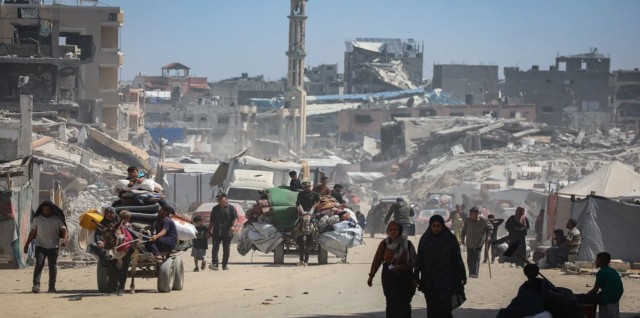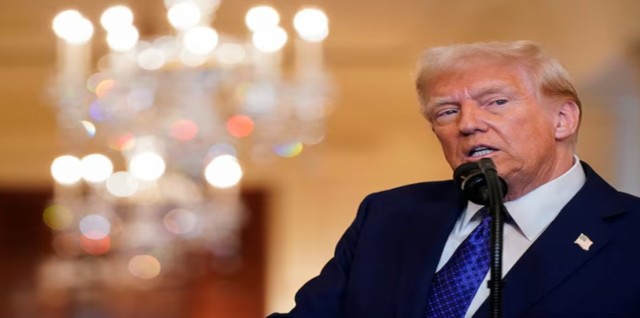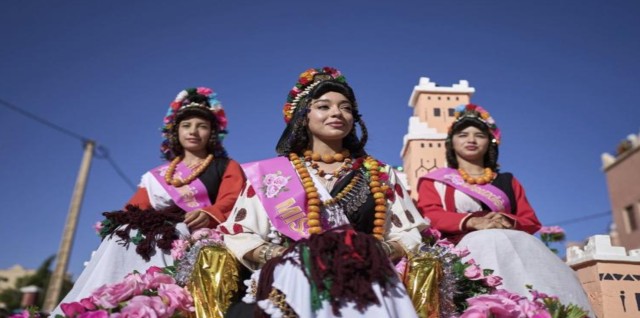
French far-right party National Rally's President Jordan Bardella, French Prime Minister Gabriel Attal, and far-left party France Unbowed member Manuel Bompard gather for a televised debate on TF1 in Boulogne-Billancourt, near Paris, on Tuesday, June 25, 2024.
France's government made a significant move on Wednesday, just days before the start of crucial legislative elections, by ordering the dissolution of several extreme right and radical Muslim groups. Interior Minister Gerald Darmanin announced this decision, citing concerns over these groups promoting hatred and posing risks of violence.
These actions come amidst a highly charged electoral atmosphere, with snap national elections called by President Emmanuel Macron stirring intense political competition. Macron's pro-business stance has set the stage for a turbulent electoral race, marked by escalating concerns about hate speech.
The groups affected by the government's crackdown include GUD, notorious for violence and antisemitism, and known for supporting far-right leader Marine Le Pen in previous instances. Le Pen's National Rally party currently leads in pre-election polls, with Macron's centrist coalition trailing behind. However, the outcome remains unpredictable due to the complex voting system and potential political alliances.
This isn't the first time the French government has taken steps to dissolve organizations deemed threatening to security and human rights. The timing of Wednesday's announcements, just before the elections, underscores the government's firm stance against extremism.
One of the targeted groups, Les Remparts, stands accused of inciting hate, discrimination, and violence against foreigners and non-white individuals. The Interior Ministry cited incidents where members, identified with jackets bearing "White Division," were involved in violent attacks. Another group, Jonas Paris, purportedly advocating for France's Muslim community, is accused of promoting violence, hate, and discrimination against non-Muslims, women, and LGBTQ2S+ people.
The electoral campaign has also seen a rise in antisemitic and anti-Muslim rhetoric. SOS Racisme, an activist group, recently filed a lawsuit to halt the circulation of a video mocking people of African descent with a call for them to 'go home.' The lawsuit aims to charge the video's creators with inciting racial hatred, highlighting a broader concern over the normalization of racist discourse in the political arena.
With the possibility of France electing its first far-right government since World War II looming, other political parties are scrambling to form alliances and field candidates. Macron's decision to call for these snap elections follows a significant setback for his party in the European Parliament election.
During a televised debate, National Rally leader Jordan Bardella revived proposals to end free healthcare for foreigners and impose stricter regulations on French nationality acquisition. These proposals sparked controversy, with Prime Minister Gabriel Attal accusing Bardella's party of xenophobia and racism, particularly targeting dual citizens.
Attal argued that such measures undermine the citizenship rights of dual nationals, emphasizing the need to uphold equality and reject discrimination based on nationality. Bardella, in response, defended his party's policies, including plans to reduce the retirement age back to 62 while requiring 42 years of work for a full pension.
Eric Bompard of the France Unbowed party criticized Bardella's economic agenda, arguing it favors the wealthy at the expense of the poorest segments of society. The debate underscored stark ideological differences among parties vying for votes in a politically charged climate.















